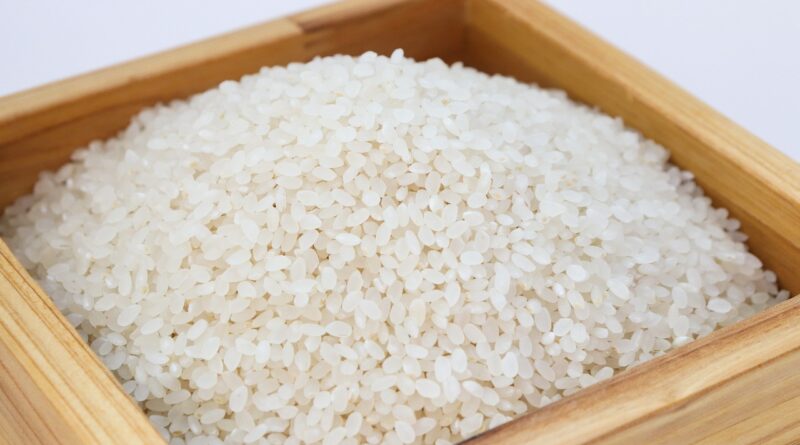Rice millers turn to Sivaji, Singam, Idhayakanni to build brand equity
Sivaji, Singam and Idhayakanni are not just the names of Tamil flicks, but the names of packaged (branded) rice retailing in Tamil Nadu. With a whole legion of consumers in the state making a steady transition to packaged rice, the unorganised rice sector is witnessing a churn, and the entry of new players. Many of their brands are not only marketed within Tamil Nadu, but also across India, and even exported.
The packaged rice market pan-India is valued at around $12 billion, with an annual volume surpassing 13 million tonnes. “Tamil Nadu, with its rice-centric dietary patterns and strong modern trade presence, is estimated to contribute 10–15% to the national market. The shift to packaged rice was driven by the growing demand for consistency in quality, hygiene, and grain,” says N Chandramouli, CEO, TRA Research.
Branded offerings of rice variants such as Ponni, Sona, Bapatla, and ADT idli rice are among the most consumed varieties in TN, with a preference for packages of 5kg, 10kg and 25kg bags. It’s why rice millers are considering a gradual phase-out of packaging in traditional 75 kg bags. But this is easier said than done.
Take the case of the rice bowl of Arani in Tiruvannamalai district, which is home to about 1,000 brands, Barely a few among these ‘labels’ are registered brands.
“Initially, the rice mill owners entered the market with labelled offerings, to establish brand identity, selling packaged rice free of dust, adulterants and half rice. Later, they evolved into brands, wherein mill owners began focusing on quality to gain a larger market share,” says A Babu, president of Arani All Rice Traders Welfare Association.
About 100 rice mills are spread across Arani, with each mill producing multiple brands. Apart from Tamil Nadu, paddy is also sourced from Karnataka, Andhra Pradesh and Telangana for processing. On average, during a good harvest season, rice mills in Arani roll out 15,000 tonnes per day. “Due to the demand for packaged rice in the state, rice manufacturers from neighbouring states have entered the TN market with their own brands. They pose a huge challenge for us,” says Babu, who is also the MD of Quality Foods which sells two brands. Madurai and Kangayam in Tirupur district are other major rice mill hubs in TN.
Interestingly, the region of Manachanallur in Trichy district had gotten a head start in the packaged rice business from the pre-Independence era itself. Presently, rice mills in the area process and market an average of 2.3 lakh tonnes of rice per annum for other major players in the state.
But the region barely has five proprietary brands. Constraints in procurement policies till the year 2000 had an adverse impact on growth in rice brands in their region. “When we attempted to revive the packaging model two decades ago, other localities had already blazed past us. Looking at the potential, we are keen on launching our own packaged rice variants,” says M Sivanandan, president, Manachanallur Taluk Rice Mill Owners, who also serves as managing partner of Sri Mayilvahanan Agro Foods that makes Green Star atchaya ponni rice and Adukku Malli idli rice.
The growing popularity of packaged rice highlights an opportunity to make agriculture more inclusive and advantageous for farmers. “Farmers with small land holdings must be incentivized to cultivate unique, native rice varieties. Farmer groups must be made aware of digital marketing and selling their produce to e-tailers,” says S Chandramohan, director and group president finance, TAFE.
Chandramouli believes that this is necessary considering how leading FMCG companies are making inroads into the packaged rice segment. “Their portfolios increasingly include region-specific varieties such as Ponni and Seeraga Samba,” he says.
This article has been republished from The Times of India.

